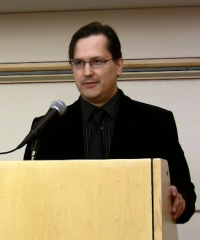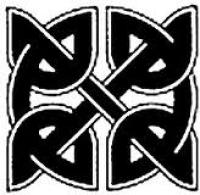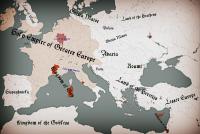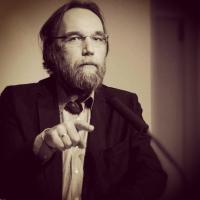”Financism”, the Supreme Stage of Development of Capitalism
Does financial capitalism represent just a random variant of the common essence of the development of the capitalist system ? Or is it rather the definitive incarnation of its whole logic, its triumph ?
The answer to this question can not be found within the classics of economic theory, their horizon being limited to the industrial phase of development - the general trend and the full economic significance of which they (and above all the Marxists) did investigate completely and correctly. Post-industrial society is still in many ways an obscure reality.
In its analysis there are no adfirmed classics, although many authors have cast a deep-searching look upon this phenomenon. The task of understanding "financism" is ours, whether we like it or not.
Even to move the first steps in the direction of a consistent overview of this theme, we have to consider the whole history of the economic paradigm, and individuate there the place of "financism"- not just from the point of view of quantitative chronology, but from the point of view of the qualitative relevance of this phenomenon in the general development of economic models.












